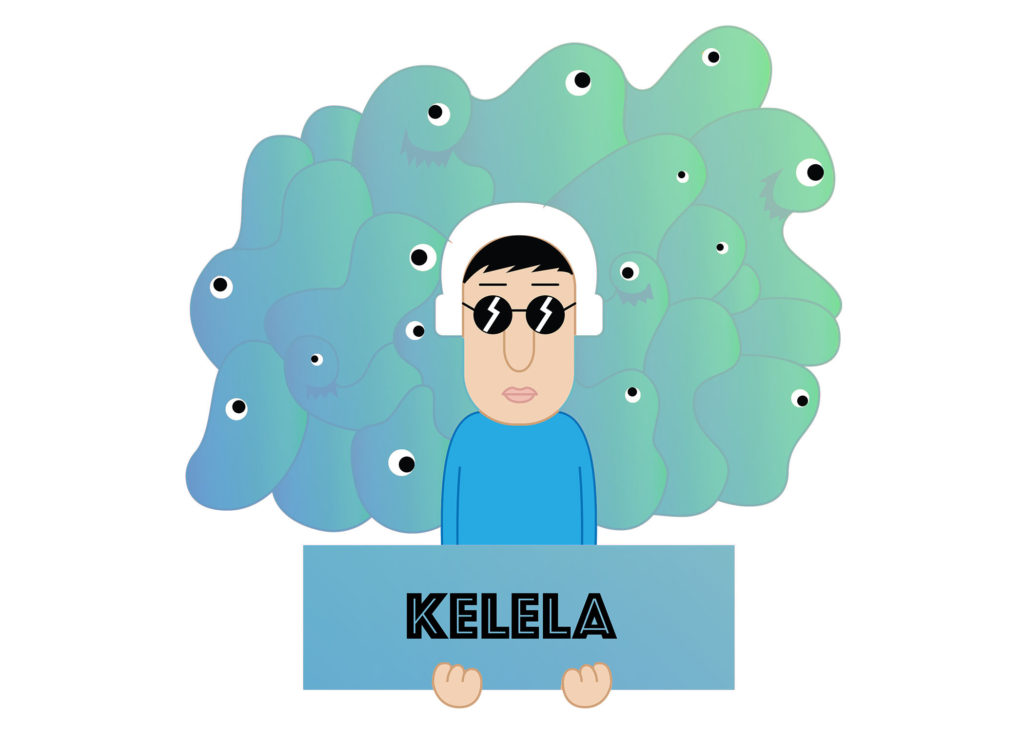by Frank Siggy
Depression isn’t a topic that is easily discussed or understood. The idea of openly discussing depression or other mental illnesses is, well, stigmatized. Most people tend to avoid talking about mental health issues in a social setting.
Whether you’re familiar with it from personal experiences or from studying it, the way we approach discussing depression can change the way we, as a campus, perceive and understand what it truly means to be depressed.
Before diving into it, it’s essential to understand that there are two types of depression. According to the Anxiety and Depression Association of America (ADAA), the most common is major depressive disorder, which affects 6.7 percent of adults age 18 and older in the U.S.. Persistent depressive disorder is less common, affecting 1.5 percent of adults at the age of 18 or older. Both categories of depression occur in women more than men.
Depression is not uncommon on college campuses, affecting more of our student body than we realize. Like anxiety, depression has no gender, ethnicity, race, religion or a favorite color. The ADAA states that more than 62 percent of college students completely withdrew from classes in 2012 due to mental health problems.
Depression can be described as that extended overwhelming feeling of sadness, hopelessness and the perception of self-unimportance. It deflates your mind, causing you to neglect yourself, making you lose sleep and concentration.
In some ways, it puts a blindfold over your eyes and convinces you “This is who I am.”
If you’re like me, you ignored those overwhelming feelings of sadness and doubt. You mistook them as “normal” feelings and never investigated them.
For some, sadness can last for a fleeting moment, but for others, like myself, it can last for weeks and sometimes months.
I won’t lie, each and every one of us will face experiences that impact and shape us. They are the experiences that strike a chord within us.
They force us to adapt and change accordingly.
But sometimes our thinking is influenced and often flawed because of the forces outside ourselves. Losing a loved one, facing stereotypes and alienation can all leave a lasting impression on our character. They alter the way we think, how we evaluate our surroundings and how we make sense of it all.
These events in your life can weigh you down and cause you to feel as if you’ve hit rock bottom, often leaving you feeling isolated and in a depressed state of mind.
For others, such as myself, it doesn’t take much to bring us down.
To be blunt, depression is in our biology. Our depression comes from a chemical imbalance within our autonomy.
It’s a part of who we are and to a certain extent, it will run the show if we let it.
Sometimes it gains strength and comes out as we grow older, but most the time, it exists in unison with us, even when it isn’t visible.
There isn’t a defining moment for us. We can’t exactly pinpoint it and say, “That’s where my depression came from.”
Whether you were born with depression or it developed over time, depression becomes a piece of who we are, but not the defining piece.
It’s human nature to see patterns and commonalities. We rely on what we know and what we think we know when facing a new situation or experience. But remember, sometimes our thinking is flawed and we misjudge reality.
We weren’t given a map, a guide or a cheat sheet of what we will become and experience throughout our life. So don’t be hard on yourself.
It’s tough out there and it’s easy to feel lost, confused and frozen in place.
These are the times that will make us or break us. When feeling lost or isolated everything can appear distant and almost out of reach. It’s exhausting and often painful feeling as if your options are limited or non-existent.
This doesn’t mean you should give up, or resign from yourself and the world around you.
Sure, it can be difficult navigating your life when reality happens to you. While it can feel as if we have limited to no control over what happens in our lives, it’s up to us to reflect, react and respond to reality.
This is what will help us grow, learn and refine our thinking.
To see our experiences and ourselves from a different angle is what shines a light on who we really are and who we are truly becoming.
There’s always a reason to stand up for yourself, a loved one and even a stranger. We’re all living and experiencing what this world has to provide for us. Even though we’re all from different backgrounds and cultures, we can still be there for one and other.
It’s you who has to stand up and ask for help.
And it’s you who can lend a helping hand to those around you.
If you or someone you know is struggling with depression or other mental illnesses, I invite you to make a stop at Albers Hall, located across from the bookstore, to meet one of our mentors. It’s a place where empathy and altruism thrive.
Counseling services are also available for a $5 copay at the Student Wellness Center located next to Orchard Avenue apartments.







